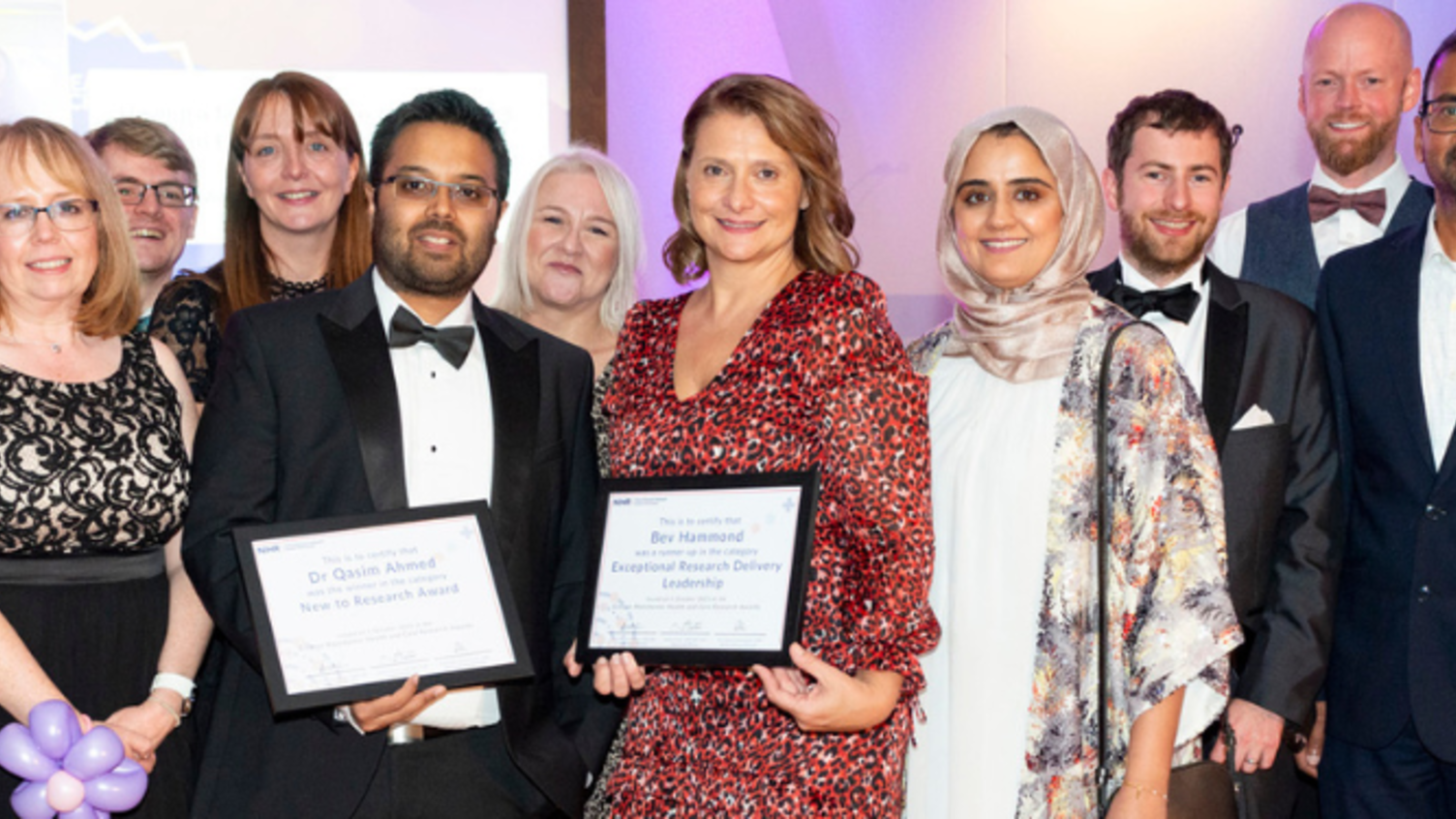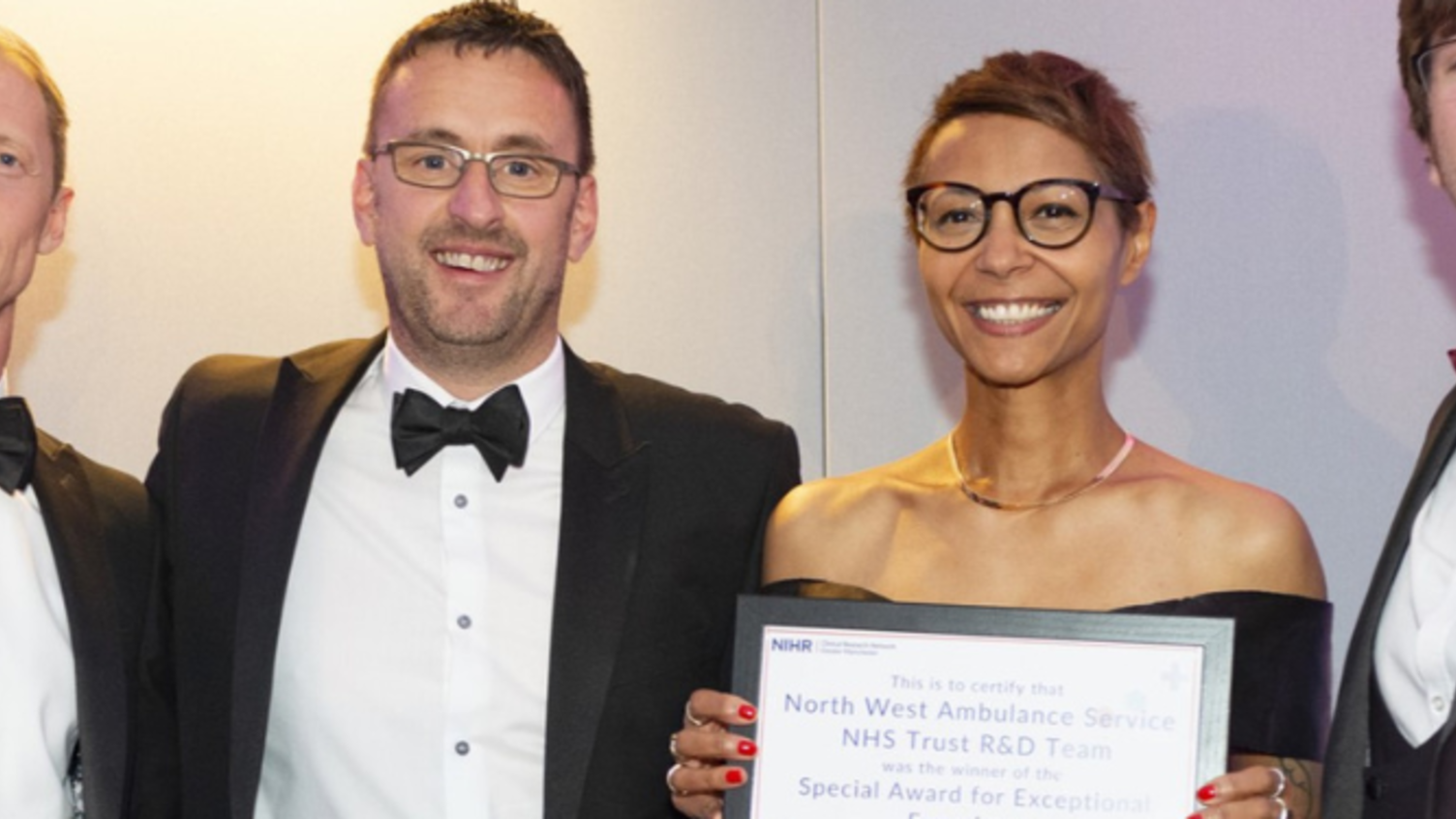How care homes and residents can benefit from participating in research
- 20 August 2024
- 3 min read
Nuno Lopes is Director of Research and Innovation at Nightingale Hammerson, a care organisation with two homes in London. They are a part of the NIHR ENRICH network of care homes, which aims to bring together care home staff, residents and their families with researchers.
Here, Nuno explains why research is so fundamental to Nightingale Hammerson, and how the NIHR has supported the organisation.
Researchers are a crucial part of our aim to have a culture of excellence and continuous improvement in our homes.
At Nightingale Hammerson, we are a charity with two care homes, and we care for Jewish people. Our residents live with different conditions - dementia and other comorbidities, so there’s lots of opportunity for research, but we want to ensure that opportunity is open to residents and staff alike.
Research is so embedded in our organisation that it is actually one of our four ‘pillars’ - the other three are care for our residents, care for the people around them and education, so our staff can provide the best care.
It used to be the case that university researchers would approach us and say what they wanted to research; that didn’t always suit us, so we flipped the coin - we have to drive the research ourselves and find out what research themes work for our staff and residents.
We decided one way to establish these themes would be to hold a care home research forum, the first of which we held in 2021. This gave researchers and leading lights working in the care home research field the chance to share their work and inspire others. We’ve continued these events each year since.
Making ourselves such a research-orientated organisation has helped us to be involved in more than 40 research projects over the last three years. So, when the NIHR approached me and told me they wanted to do more research in the care sector, I was happy to be involved.
We are starting to see more research happening in care homes and we are part of the solution to the social care problems society has.
My vision is that in 10 years’ time, we will have a much more evidenced-based approach to care, which is also cost effective, because we can take people who don’t need to be in hospital and care for them appropriately, because we’ll have the evidence base to do that.
We have embedded it into our strategic objectives. I screen all the research studies that come through the door and see which ones we want to do. If we want to go forward with one, I link the researcher to one of my team members directly.
This approach helps with motivation and retention, because the team member gets to see that research is not overwhelming and they have opportunities to get involved.
With NIHR, the communication about studies is very good and it’s two-way - I can give them as much feedback as they give me. It’s of vital importance that a study is appropriate for us.
Without the NIHR Social Care Capacity Building Programme my colleagues would not be able to get involved in research as easily. Through this programme, colleagues can spend 35 days in a year working on research, which is good for their career, and also shows the Care Quality Commission that research is a big part of our identity.
CRN North Thames invites care homes in the region to its free research engagement event, to be held on Monday, 23 September in central London, to learn more about how the NIHR can help them and the benefits of being part of the ENRICH network. To book, go to www.bit.ly/NT-ENRICH


